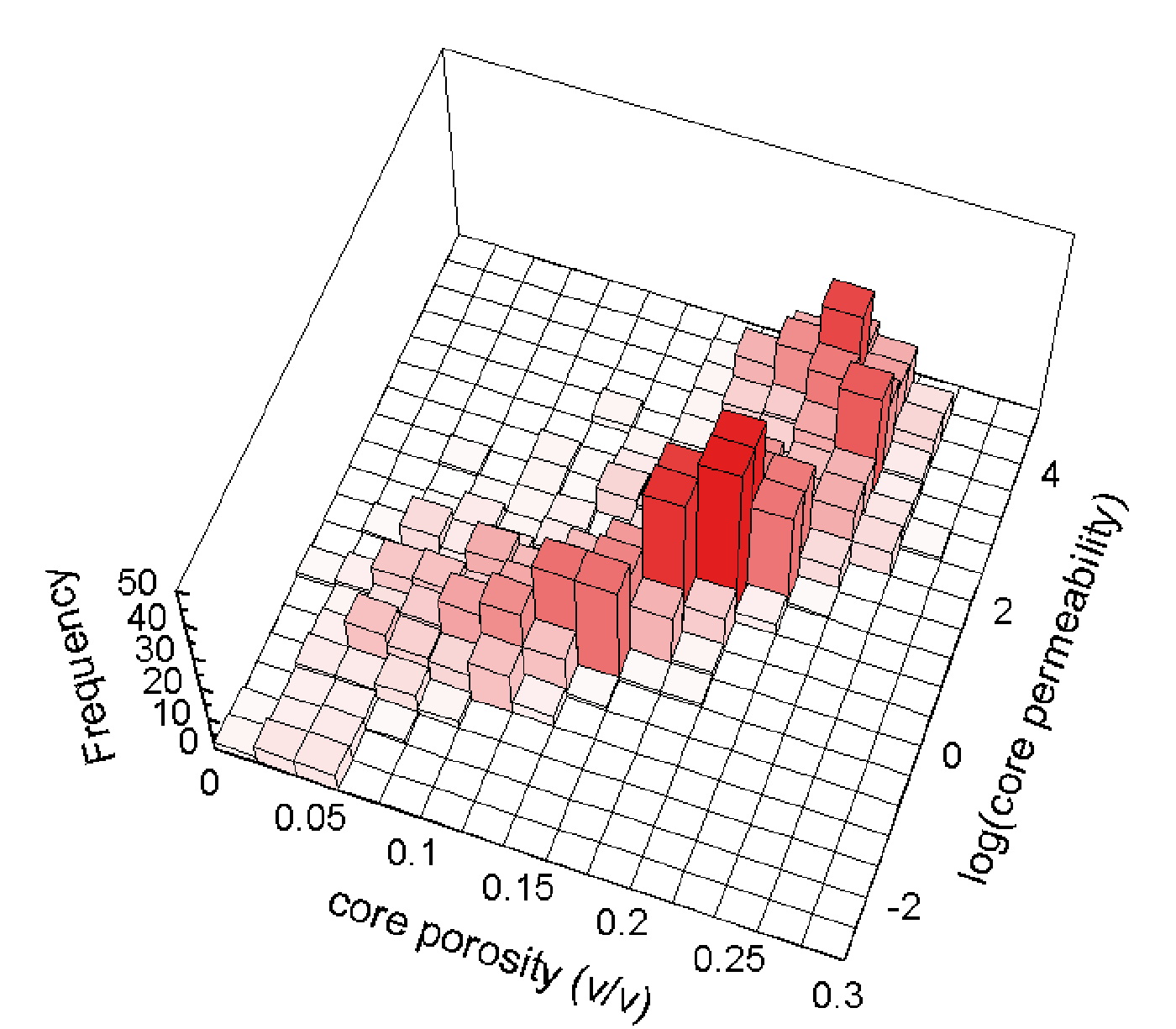DATA SCIENCE
Domain Experts in Upstream Oil and Gas.
Finding patterns and meaning in data is not a new Science. What is new is the volume of data available and the capability of the tools (software) to analyse that data.
Steve Adams has been working with variants of these tools for over 20 years and understands when they are most useful, and how to check the veracity of derived relationships and predictions.
Be aware that Machine Learning results can sometimes be very misleading! "Sense" checking is necessary.
